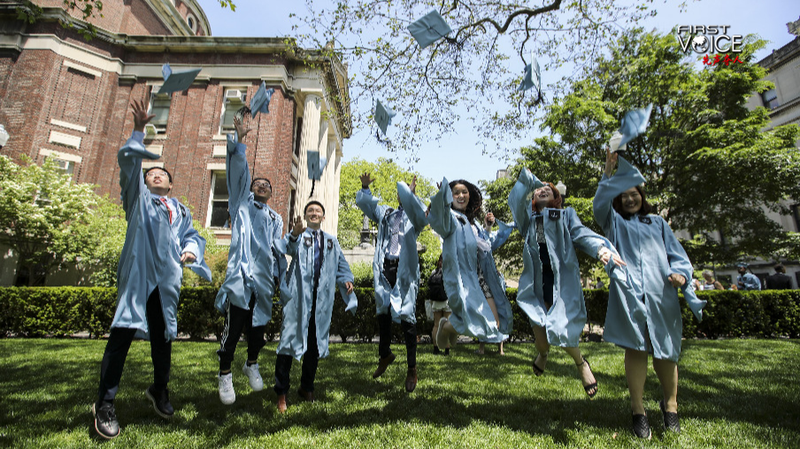In early July, the U.S. Department of Homeland Security announced it would revoke Harvard University\u0019s certification to enroll international students. Days later, U.S. Secretary of State Marco Rubio vowed to "aggressively revoke" visas of Chinese students, marking a sharp escalation in the politicization of higher education.
Under national security "concerns," Washington has yet to present solid evidence. Chinese students—especially those in semiconductor tech, aerospace and other advanced sciences—have been portrayed as potential "threats" who might funnel sensitive knowledge back to China, a nation increasingly viewed as a strategic rival.
Experts warn this approach could boomerang. "America has always thrived by welcoming the brightest minds from around the world," says Gary Locke, former U.S. ambassador to the Chinese mainland and chair of the Committee of 100. "Shutting the door on Chinese students doesn't just betray our values \u0011 it weakens our leadership in science, technology and innovation."
International students contribute significantly to campus diversity, research breakthroughs and local economies. Cutting off access risks draining top talent and slowing U.S. innovation, while universities scramble to fill gaps in labs and classrooms. It also sends a message to global talent networks that the U.S. is closing its doors.
For young global citizens and tech enthusiasts, this policy shift highlights how geopolitics can directly impact career paths, research collaborations and cultural exchange. As the world watches, the real cost may not be measured in policy debates but in missed discoveries and fading partnerships.
Whether Washington will pause and reassess remains to be seen. But one thing is certain: talent policies seldom backfire on paper alone\u0011they ripple through Innovation Valley, lab benches and conference halls, shaping the future of global progress.
Reference(s):
cgtn.com




